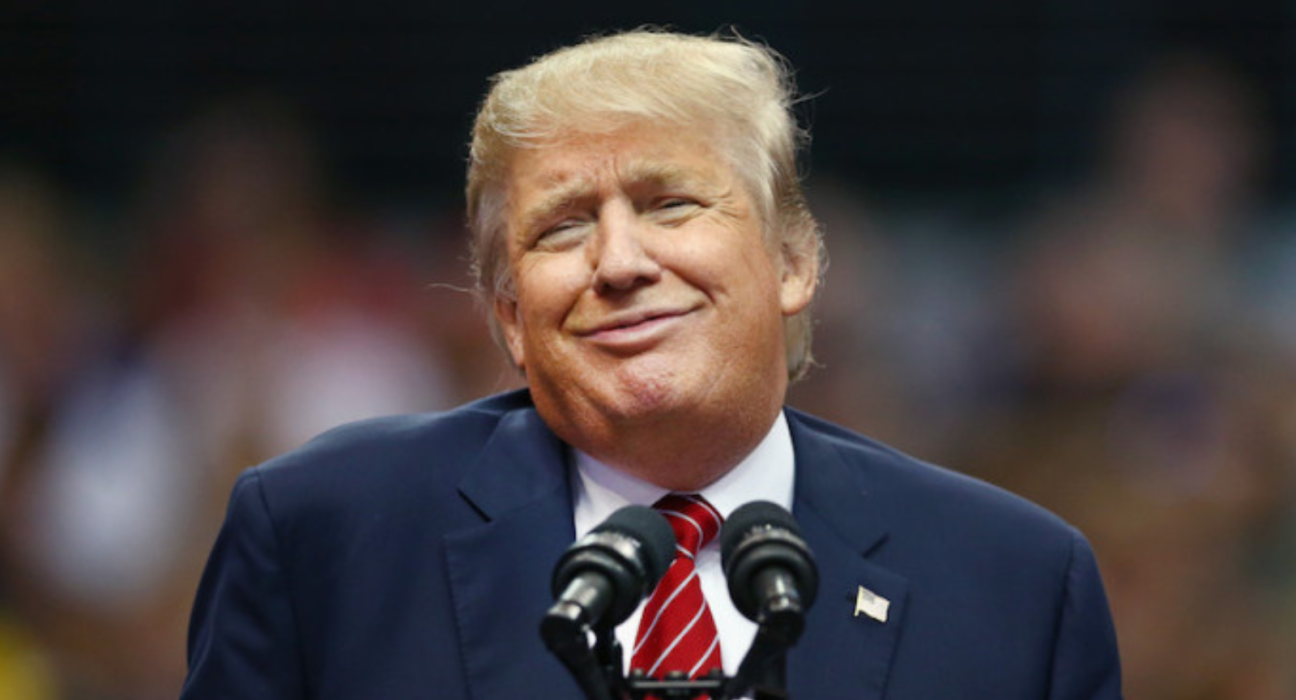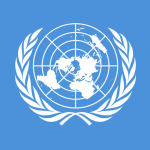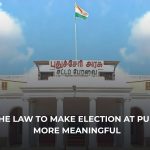Indian External Affairs Minister S Jaishankar in his book The India Way: Strategies for an Uncertain World urged that “This is a time for India to engage America, manage China, cultivate Europe, reassure Russia, and bring Japan into play.” He was right then, but after the return of Trump to the white house, world affairs are in a seismic shift. Where Trump is not only hurting its allies but also ending its economic and Geopolitical leverage.
The US, the creator and the upholder of the open global economy, is now imposing the highest average tariffs in nearly a hundred years of its history. Trump is reversing the 80 years of US economic and foreign policy. Keeping in mind these scenarios, Trump is making it really hard for India to “engage with America”, which was suggested by India’s EAM S Jaishankar.
India and the US relations steadily started moving in a forward direction in the early years of the 21st century, but the cold war hangover was still there. In 2014, Narendra Modi became the Prime Minister of India, and later in 2018, Donald Trump first reached the White House; the economic, diplomatic and defence relations between these two democracies started flourishing. Even though the friendship between PM Modi and President Trump was known to the world, there was still a sense of doubt due to India’s relations with Russia.
Shift towards Pakistan
However, the recent Trump’s conflicting approach to the world, towards India and an engaging approach towards Pakistan has clearly stated that the Trump 2.0 administration is not caring for anything and has started acting against its partners and allies.
After a brutal terrorist attack in Pahalgam, India, which killed 26 innocent tourists, India launched Operation Sindoor and destroyed multiple terrorist bases inside Pakistan. It was defensive in nature, and it was under the self-defence mechanism of the UN Charter.
However, Pakistan retaliated and received a punitive punishment from the Indian Armed Forces, which not only destroyed the Pakistani Air Bases but also destroyed Pakistani air defences, forcing Pakistan to ask for a ceasefire. The US and the world were watching this development very closely.
Trump’s ego and Image redemption
However, Trump saw a wonderful opportunity to project himself a torch bearer of peace, because he had already promised his MAGA supporters that he would end the Russia-Ukraine war within days if he became the President, but he failed to do so. In order to save its image domestically and show himself as a peacemaker to nominate himself for the Nobel Peace prize, he did not care about the repercussions of it on India-US relations.
After repeated claims of breaking a ceasefire, Trump saw that India is not responding positively to his statement rather PM Modi during the 16 hours debate on Operation Sindoor in Parliament clearly stated that “No world leaders were involved in the ceasefire negotiations between India and Pakistan”, which annoyed and hurt the ego of Trump.
Finally, last week, Trump started an Trade war against India by putting 25 percent tariffs on Indian goods, citing moral and humanitarian arguments. Later, Trump increased it to 50%. On Truth Social, Trump posted that India is buying Russian oil and selling it in the world market with a big profit margin. The US will not allow India to fund the Russian war machine. However, his arguments were perceived as lame, his understanding looked hollow, and the US actions highlighted its hypocritical stance on morality and humanity.
When you have invaded countries, displaced people and provided bombs and ammunition to create dire humanitarian situations in different parts of the world, you do not have the moral standing to give ‘Gyan’ to other nations, especially when a nation is only doing regular economic business with Russia.
India’s Response
The Indian Ministry of External Affairs responded to the US’s threat on August 4 by saying the US and EU are targeting India. India’s imports are meant to ensure predictable and affordable energy costs to the Indian consumer. The Indian response also highlighted the duplicity of the EU and the US by highlighting the bilateral trade volume between the EU and Russia. Europe-Russia trade includes not only energy but also fertilisers, mining products, chemicals, iron, and steel.
In the same way, India also outlined that the US still continues to import Uranium hexafluoride for its nuclear industry and palladium for its EV industry. After India’s response, Trump increased it to 50 %. India again responded strongly by saying, “These actions are unfair, unjustified and unreasonable. India will take all actions necessary to protect its national interests.”
It means Donald Trump is ruining India-US relations just to satisfy his ego by citing a hollow argument of funding a Russian war machine, which has no moral and ethical ground. China is the biggest buyer of Russian Oil, but pays 30 % as of now. Turkey is the largest Russian oil importer in the Western Hemisphere and a NATO ally, which pays 15 %. The US has been increasingly targeting India with high tariffs. This shift in focus has raised concerns and can create a trust deficit between the two nations in the coming years.
Is this a beginning of new era?
World affairs are changing fast, and Trump’s actions are a catalyst for it. This will not only have repercussions on the Global South but also decrease the influence of the West in International politics. The stagnation of power of the West will now turn into a depreciation of power, and in the coming decades, its influence might fade. For India, it is an opportunity to consolidate its position in world affairs, strengthen its domestic resources and assert itself diplomatically in the Global South.
Hence, the era of India’s engagement with America at the cost of national interest might have passed, and an era of confrontation might be on the horizon.




